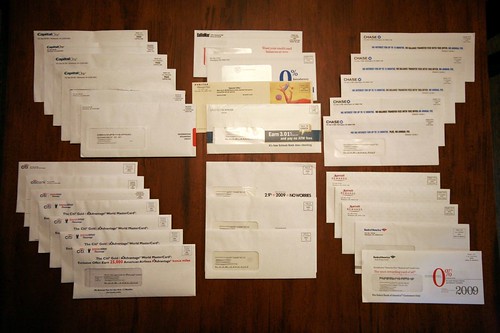I recently reviewed my renters insurance policy to make sure everything was in order and to see if I could save a buck or two. I was shocked to see that my limit of liability for Personal Property Protection jumped 120% without my knowledge. This resulted in a 79% increase in my yearly Property Insured Premium. After a few minutes on the phone with Allstate, I learned what happened and will pass the knowledge along in case it helps someone else out there.
Most homeowners and renters insurance policies have reimbursement limits for certain items, like computers and jewelry. The one that pertained to me was a $1,000 limit on jewelry loss. As soon as I bought my wife’s engagement ring, I went into the Allstate office to get the ring covered by Scheduled Personal Property Coverage; in other words, a rider was added to my current policy to cover a ring worth more than the $1,000 limit. That resulted in a second (and quite large) premium on top of the premium I was already paying, but I was expecting that and walked out of the office confident that I had done the right thing.
Jump forward two years to my review of the policy: the two premiums were still there, but my regular property premium was much higher and I was suddenly covered for more than double what I needed.
Here’s what happened: according to my agent, the large insurance companies have decided that they don’t want to be in the business of insuring things like jewelry (go figure). So, any time you schedule jewelry on your policy as a separate item, the insurance company makes you carry a minimum of four times the appraised value of the jewelry as your personal property limit. So, if you originally have coverage for $10,000 and splurge on a $20,000 ring, as soon as you add that ring to your policy your property coverage will jump from $10,000 to $80,000. And your premium will jump too.
The solution to this problem is to evaluate your premiums before and after adding scheduled property, like jewelry. It may make sense to open a separate jewelry-only policy with someone like Jewelers Mutual and to remove the scheduled jewelry from your homeowners or renters policy. I’ll be able to save a little over $100 a year by going this route.
Another thing I picked up from my agent today: they may bump up your property coverage by a few thousand every year automatically. This may only apply to policies with full reimbursement, as a way of keeping up with inflation. Still, the increase will have a small impact on your premium and over time the coverage may be quite a bit more than you need for your current assets.
The lesson I’ve learned today is to keep a close eye on your insurance policies because the coverage limits and premiums will change on you if you aren’t paying attention.



